In the latest of our series focussing on the new Early Career Researchers (ECR) in ICaMB, we feature Dr Suzanne Madgwick. Suzanne recently returned to the lab after a career break by successfully applying for a Wellcome Trust Career Re-entry fellowship. She tells us more about her science, her life and why coming back into science was always something she wanted to do.
By Dr Suzanne Madgwick
After 6 years officially away from science I am thrilled to be back, almost 10 months in to my first fellowship position and about to supervise my first PhD student ….. though more than a little frightened by how fast the time is going! ICaMB has been a very positive and supportive place to come back to and the future looks bright for our growing meiosis team.
I started out my meiotic journey not as a cell biologist, but as a Physiology and Nutrition student at the University of Leeds where I quickly found that the area of biology I am most fascinated by is the complexity, control, and number of systems a body has dedicated to reproducing itself. From my degree I went straight into a PhD here at Newcastle, in SAgE, with Dr Andrew Beard studying endocrine control of the developing reproductive system in cows. Whilst adolescent bulls are not the easiest experimental model to deal with, like most people I have very fond memories of my PhD. A definite highlight was a year of practical work carried out at a veterinary university in Canada, being able to round up my animals on horseback and drive oversized farm vehicles!
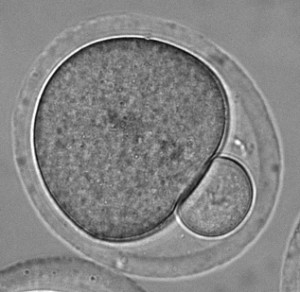
Brightfield image of an in-vitro matured metaphase II stage mouse oocyte showing polar body 1 (containing the waste chromosomes) from the first meiotic division. Approx diameter of the oocyte = 80um
Although I am proud of my PhD work, during this time my interests made a definite shift from whole animal reproductive systems to the molecular control of the reproductive cells themselves. Luckily, Professor Keith Jones (formerly of ICaMB) offered me a Post Doc position in his lab researching an arrest point in the life of a mammalian oocyte that maximises the window of opportunity for fertilisation. This was a successful time and we were able to publish a number of papers detailing the control of this arrest and how spermatozoa are then able to awaken an oocyte. I was left in no doubt that I had found not only the area, but also a method of research that I thoroughly enjoy being a part of.
Nearing the end of my post doc and armed with a pretty solid CV, I turned my interest to my own meiosis and made the decision to leave science on a high and spend a few years concentrating on bringing up a family. I always knew I would attempt a comeback, researching and bookmarking the Wellcome Trust Career Re-entry pages at the same time as I planned my exit.
After 5 years of baby and toddler groups, and 2 confused little boys wondering why their mother suddenly started needing to go back to school (I was asked at one point if it was because I didn’t try very hard when I was at proper school the first time) I began regular visits to the lab and a period as full time mother / nocturnal grant writer. I can’t say any of this was very easy, but I also can’t imagine having the same enthusiasm for any other career. The support and advice I have had from both the Institute and the Wellcome Trust regarding career re-entry has been excellent. Taking a break from science was certainly the right decision for me. For anybody else considering this there are a number of ways for both men and women to re-enter a career in science, (in addition to the Wellcome Trust there is our own Faculty/Barbour Fellowship scheme, as well as the Dorothy Hodgkin and Daphne Jackson fellowships ).
The end stage of the application process was an interview at Wellcome Trust headquarters in London and whilst I tried to appreciate the privilege of being there in the first place, I have to agree with Kevin Waldron and say that it was also the most intimidating experience of my career. My second visit to the interview room for a Fellows conference in the summer was a far more relaxed and really a very inspirational meeting of both current and past Career Re-entry Fellows, including Newcastle’s Professor Helen Arthur who took a 10 year break.
Balancing a career and a young family is a certainly a tricky juggling act which I’m sure most parents have experienced. Attempting to work part-time in research is also pretty difficult (largely I admit a self-inflicted problem caused by the drive to try out the next experiment). I’m still working on this balance. Thankfully the Fellowship Scheme has the flexibility to be able to make changes to working hours and my children are already very interested in quizzing me about cells. I confess a great deal of pride when I recently overheard my 4 year old give a very basic yet accurate description of aneuploidy to his nursery teacher.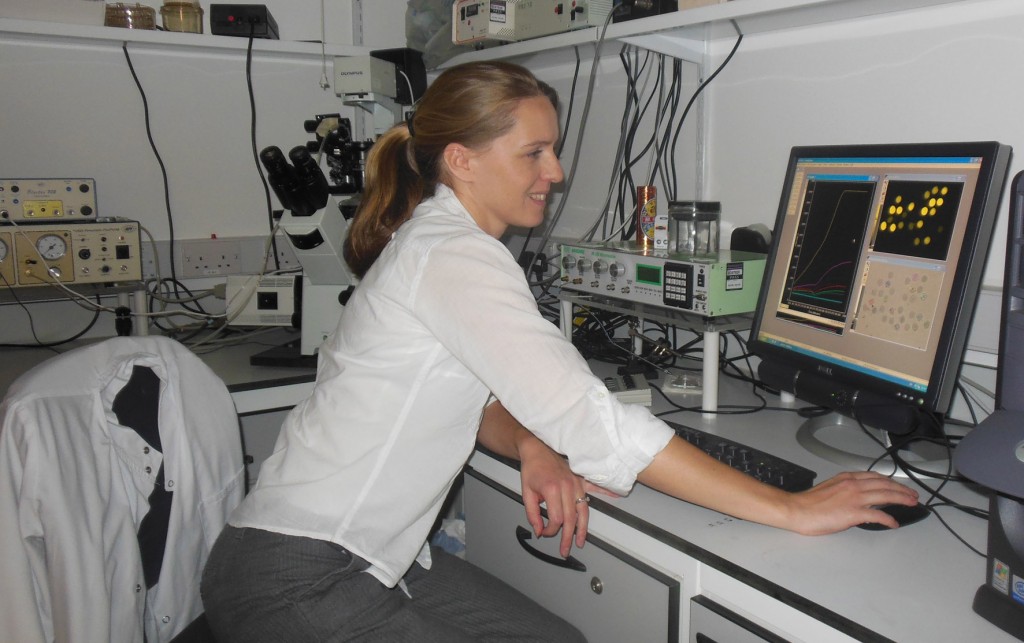
My current interest is in the events surrounding aneuploidy in female meiosis. Human oocytes have an extremely high failure rate, frequently resulting in an error in chromosome segregation, which is considered to be the leading genetic cause of birth defects and miscarriages.
In particular I plan to concentrate my research on unknown aspects of cell cycle control in mammalian oocytes through the first and most error prone of the meiotic divisions. Theories formed towards the end of my post doc along with more recent preliminary data have led to the hypothesis that an entirely novel mechanism of metaphase exit may exist in female meiosis; one which has not previously been noted through studies in mitosis. Our experimental approach is to use fluorescently-tagged gene constructs in real time live cell assays. mRNA encoding these constructs is microinjected into oocytes, resulting
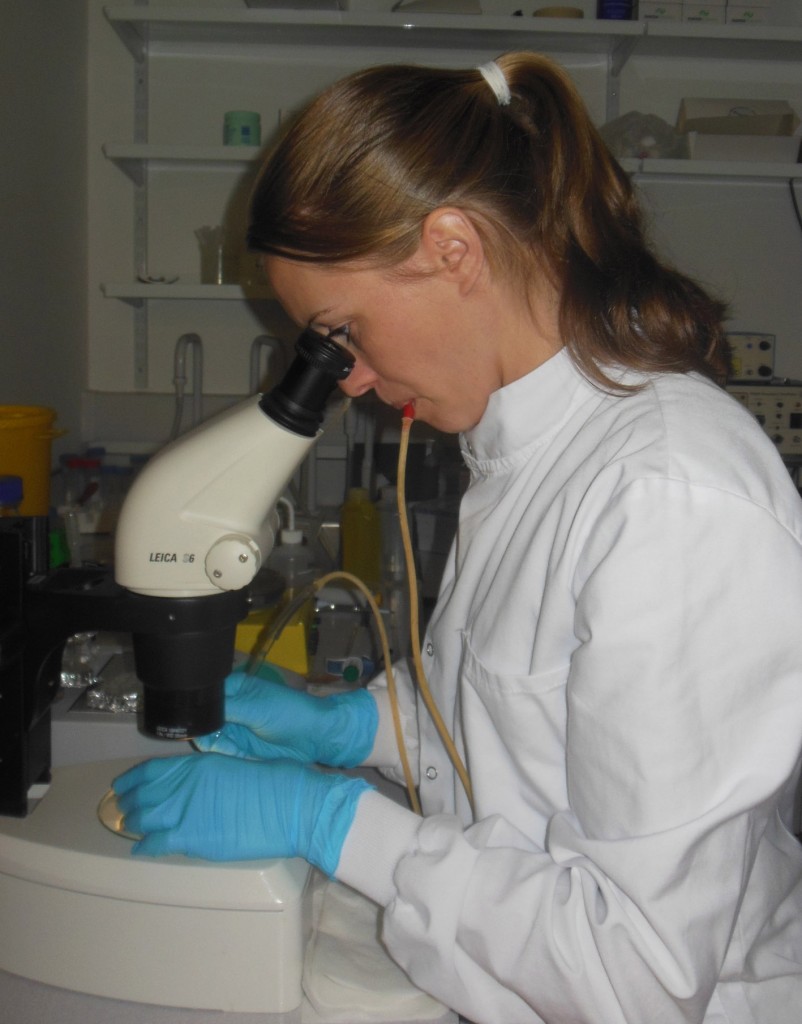 in a fluorescent signal as a result of protein expression. Fluorescent expression and mRNA knock down experiments characterise the behaviour of resulting proteins. Of particular interest is, the targeting of the maturation promoting factor (MPF) component cyclin B1, which is crucially destroyed to allow chromosomes to segregate. A full understanding of how oocytes progress through cell division will help to explain why female meiotic cells do not have the same capacity to check and repair themselves as healthy mitotic cells do.
in a fluorescent signal as a result of protein expression. Fluorescent expression and mRNA knock down experiments characterise the behaviour of resulting proteins. Of particular interest is, the targeting of the maturation promoting factor (MPF) component cyclin B1, which is crucially destroyed to allow chromosomes to segregate. A full understanding of how oocytes progress through cell division will help to explain why female meiotic cells do not have the same capacity to check and repair themselves as healthy mitotic cells do.
Intriguingly, like female meiosis, a failure to correctly regulate chromosome division is a major phenotype of virtually all cancers. Hopefully by investigating features of a cell cycle that appears to allow cells to proliferate despite division errors, my research will be of interest beyond meiosis and to the wider field of cell biology.
*mouth pipetting is considered to be a quick and accurate way of stripping cumulus cells and transferring delicate oocytes in minimal volumes of media. Glass Pasteur’s are drawn over a Bunsen burner and broken to give a pipette diameter of just a few microns above that of the oocyte.
Links
Newcastle Biomedicine Fellowships http://www.ncl.ac.uk/biomedicine/research/fellowship/
Wellcome Trust Career Re-entry Fellowships http://www.wellcome.ac.uk/Funding/Biomedical-science/Funding-schemes/Fellowships/Basic-biomedical-fellowships/wtd004380.htm
Royal Society Dorothy Hodgkin Fellowships: http://royalsociety.org/grants/schemes/dorothy-hodgkin/
Daphne Jackson Fellowships: http://www.daphnejackson.org/fellowships/

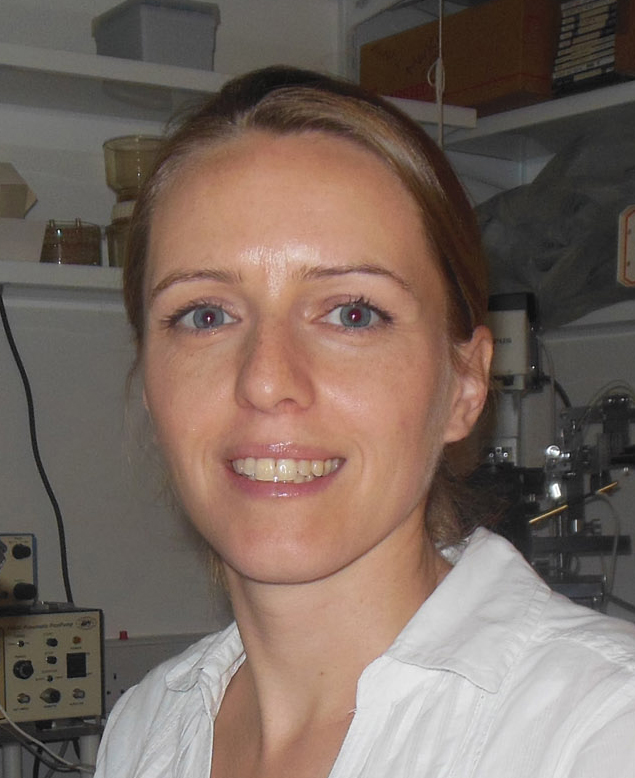
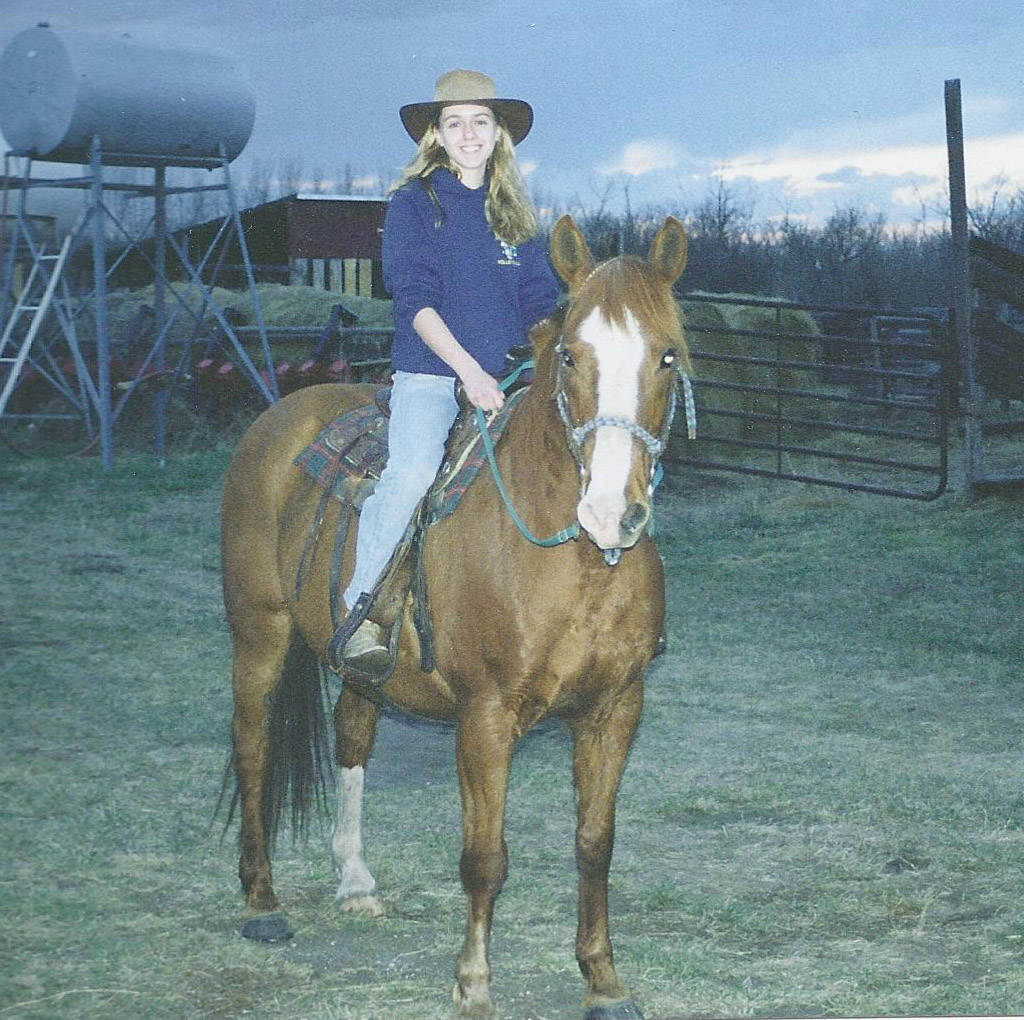

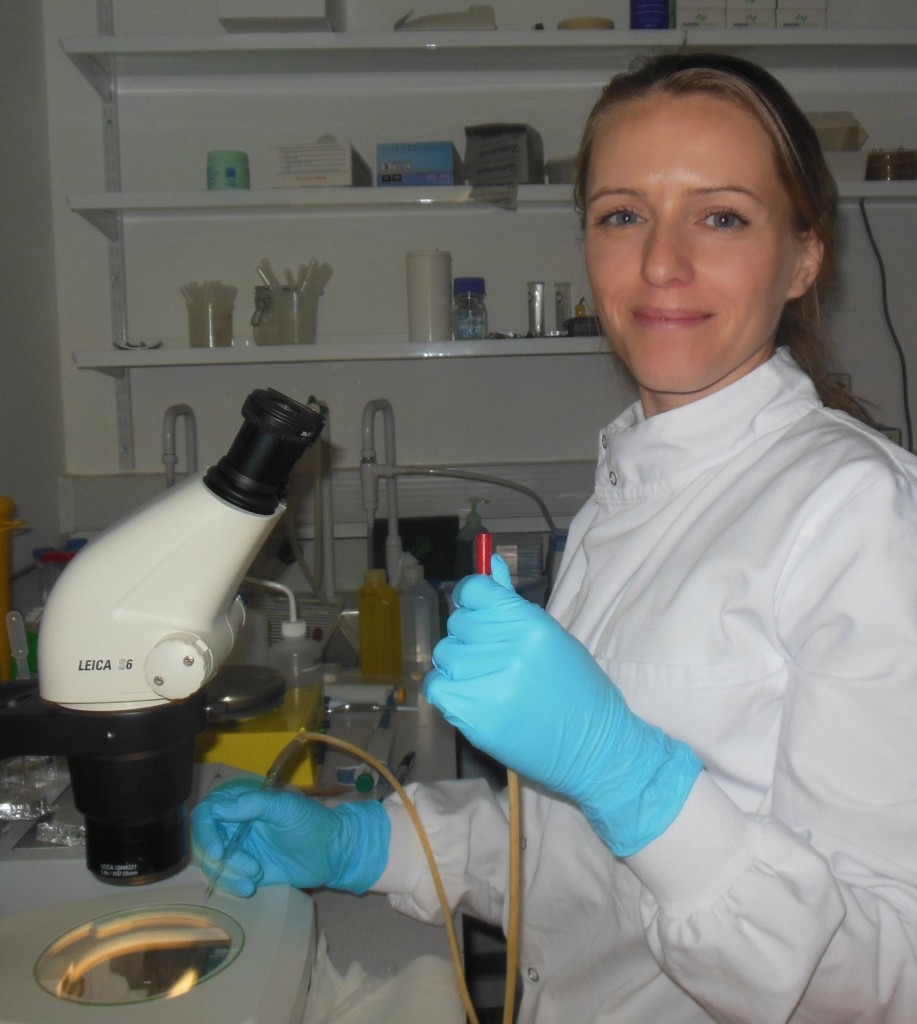
Great to hear about you doing so well.Best wishes from a recently retired biology teacher Colin Haddock